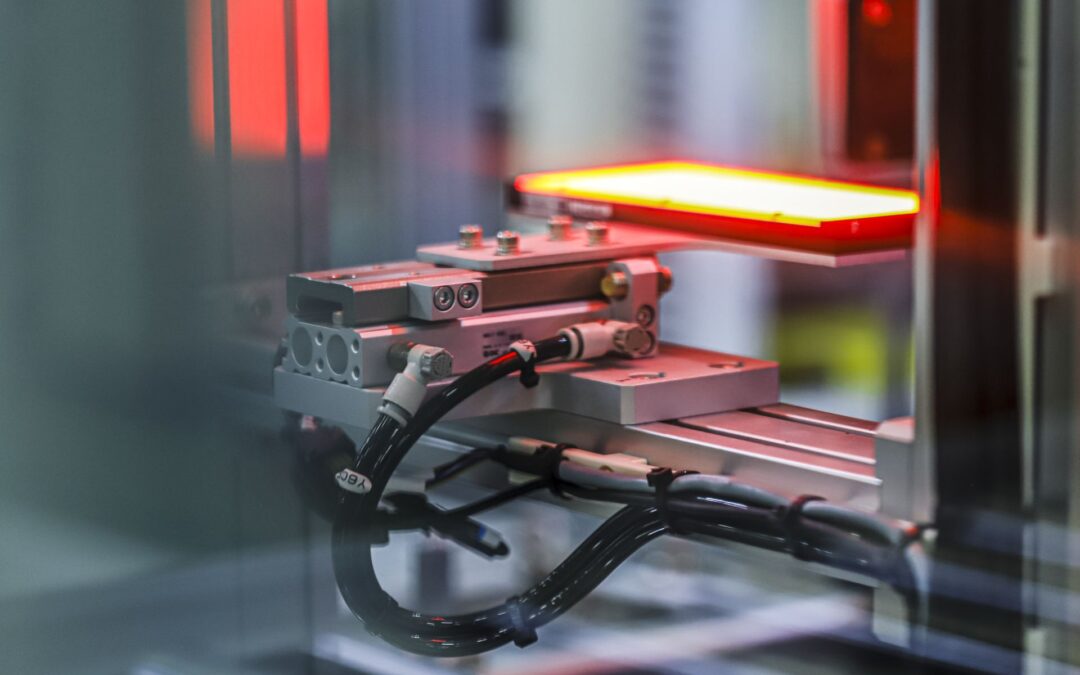After a series of investments in lithium-ion battery manufacturing, Poland’s production capacity rose to 73 GWh in 2022, overtaking the US to become the second largest in the world, behind only China.
Poland now has 6% of the world’s total production capacity, compared to 14% of all European countries combined, notes the Polish Alternative Fuels Association (PSPA) in a report published this week based on data from BloombergNEF. They are, however, well behind China, which has 77% of global capacity.

Source: Europe runs on Polish lithium-ion batteries, Polish Alternative Fuels Association
However, the PSPA warns that, with fierce competition in the sector, Poland is set to fall to sixth place in global manufacturing by 2027 as other countries invest in producing the rechargeable lithium-ion battery that power electric vehicles.
Recent years have shown, nevertheless, that the sector’s growth in Poland is robust. The value of exports in the battery sector increased 38-fold over the last six years from around 1 billion zloty (€0.21 billion) in 2017 to 38.6 billion zloty (€8.24 billion) in 2022.
That meant it accounted for 2.4% of all Polish exports, according to data from Statistics Poland (GUS), a state agency.

Source: Europe runs on Polish lithium-ion batteries, Polish Alternative Fuels Association
This growth has been achieved thanks to the major investments by foreign companies that have decided to open factories focused on batteries or electromobility in Poland.
Poland is currently home to the largest car battery factory in Europe, launched by LG Energy Solution in Biskupice Podgórne near Wrocław, and Europe’s largest factory for energy storage systems, launched by Swedish battery manufacturer Northvolt in Gdańsk.
Other leading companies in the battery sector investing in Poland include Korean SK Nexilis and German Mercedes-Benz. Poland is also Europe’s largest exporter of electric buses.
As well as manufacturing sites, companies have started to open technology centres in Poland focused on developing electromobility, with Swedish car manufacturer Volvo announcing a new technology hub in Kraków last month.
Mercedes-Benz has announced plans to invest over €1 billion to establish a factory in Poland that will be its first to exclusively produce electric vans https://t.co/HyQ9XdQaR8
— Notes from Poland 🇵🇱 (@notesfrompoland) December 12, 2022
According to PSPA, in order to further strengthen the potential of the battery sector in Poland and the region action is needed in three areas: increasing domestic capacity for the necessary raw materials to produce cells and battery components; developing qualified human resources; and increasing innovation in the supply chain.
The report shows, however, that strengthening the European value chain for lithium is currently a major challenge.
While Europe has significant lithium resources, “many commercial mining operations are still in the pipeline, including in the Czech Republic, Serbia and Romania”, said Aleksander Rajch of PSPA, one of the report’s co-authors, quoted by the Polish Press Agency (PAP).
Volvo is opening a new tech hub in Poland where up to 600 engineers will support the firm's move towards being a fully electric brand.
Kraków was chosen as the location because "the city is an emerging tech centre", says Volvo https://t.co/VReuWsfe5y
— Notes from Poland 🇵🇱 (@notesfrompoland) March 1, 2023
According to Polish Geological Institute (PIG), however, there is “no prospect of finding” lithium reserves in Poland.
“In order to accelerate the launch of new mining and processing capacities of battery sector raw materials in Poland, it is necessary to simplify administrative procedures,” said Rajch.
“It is also important to implement incentives for the development of battery reuse and recycling technologies in order to create a closed cycle of production, operation and disposal,” he added.
The EU has agreed to ban the sale of new petrol and diesel cars from 2035 despite opposition from Poland, which was the only member state to vote against the proposal https://t.co/AfCxgKZcle
— Notes from Poland 🇵🇱 (@notesfrompoland) March 28, 2023
Main image credit: LG Energy Solution press pack

Alicja Ptak is deputy editor-in-chief of Notes from Poland and a multimedia journalist. She has written for Clean Energy Wire and The Times, and she hosts her own podcast, The Warsaw Wire, on Poland’s economy and energy sector. She previously worked for Reuters.




















